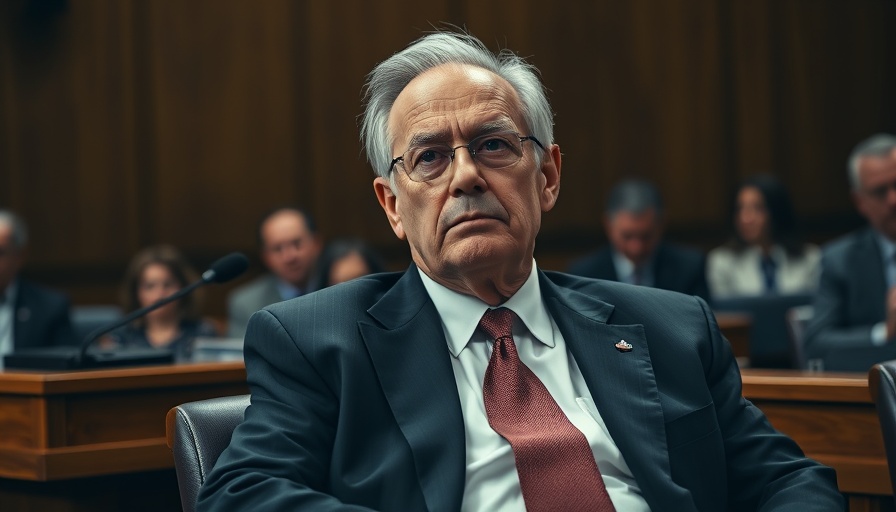
Debunking the Myths of Children's Medication: Insights from the MAHA Report
The conversation surrounding children's mental health medication has reached a fever pitch, catalyzed by RFK Jr.'s recent report from the Make America Healthy Again (MAHA) Commission. This report has been critiqued for inaccuracies, including the questionable assertion that American children are excessively medicated. As discussions continue, it is crucial to critically evaluate these claims, reflect on the broader implications for child health, and provide informed perspectives to support positive outcomes.
Analyzing Medication Claims: Where Are the Facts?
RFK Jr.'s report allegedly cites studies claiming unguided medication trends among children. However, many health experts challenge the methodology and citations used within the document. Notably, a study by psychologist Pim Cuijpers was misapplied to support claims about children, despite Cuijpers clarifying that his research solely pertains to adults. This essential distinction cannot be ignored as it highlights how inaccurate reports can shape public perception and policy.
Understanding Alternative Treatments: Medication vs. Psychotherapy
The report emphasizes that psychotherapy is more effective than medication, but such statements should be scrutinized in light of empirical evidence. Current research indicates that a combined approach—therapy paired with antidepressants—is often superior in alleviating symptoms. Mental health in children is complex, and affirming blanket statements can undermine nuanced treatment strategies that benefit different age groups differently.
The Historical Context of Mental Health Treatments
Historically, children's mental health treatment has been an evolving field, with significant shifts regarding medication use since the late 20th century. From the introduction of modern antidepressants in the 1980s to current practices involving multifunctional approaches, understanding these developments allows us to appreciate how far we've come and what informs contemporary discourse around child mental health.
Future Predictions: Navigating the Mental Health Landscape
As awareness about mental health continues to grow, the future of child treatment methodologies looks toward holistic and integrated approaches. The focus on medication as a standalone solution is fading in favor of comprehensive care strategies that include lifestyle interventions such as nutrition, mindfulness practices, and supportive therapies to forge a more resilient generation.
Promoting Mental Health Awareness for Families
Educating families about mental health is paramount. As parents navigate these claims, they must rely on verified information and professionals' insights. Open discussions at home about mental well-being, combined with awareness of dietary factors and exercise, are crucial in fostering a healthy environment that reduces the reliance on medication alone and promotes overall wellness.
Call to Action: Advocate for Informed Mental Health Practices
As the dialogue around children's health continues, it’s essential for families to advocate for informed practices regarding mental health treatment. Engage with health care providers to discuss the full spectrum of treatment modalities, including nutrition and exercise, and be proactive in carving out a path towards mental well-being for the younger generation.
 Add Row
Add Row  Add
Add 




Write A Comment